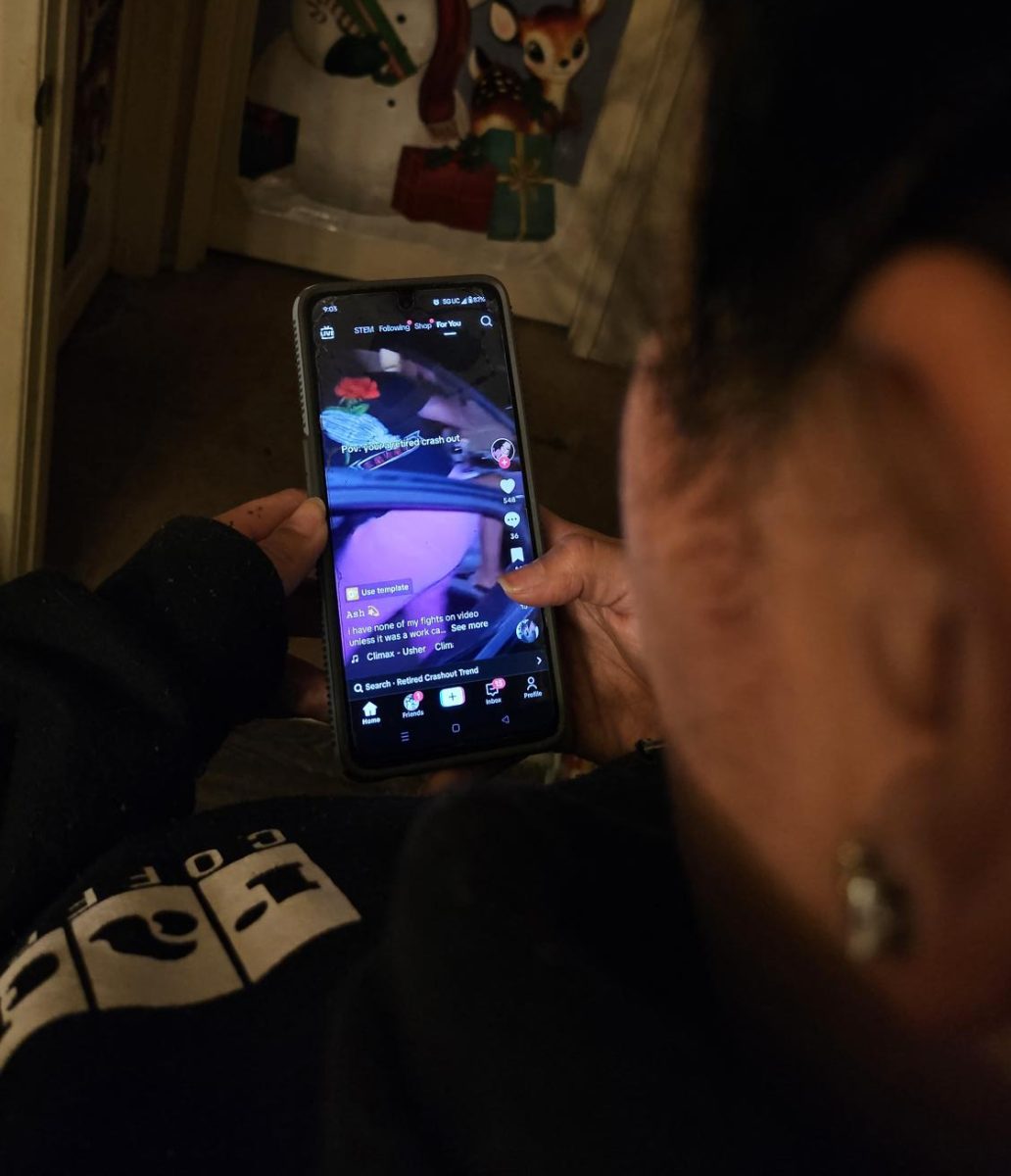Why you should save your New Years resolution for February first
January 15, 2019
New Year’s Day marks new beginnings in every aspect of the phrase, and because of this, New Years Resolutions are very common come January 1. They start the very moment the countdown ends, and they typically don’t last longer than a month. There are dozens of articles, YouTube videos, and advice blogs centered on the idea of keeping a resolution, so why is it so common that they fail?
The problem is not that our goals are too ambitious or that we lose motivation by the end of the month. The problem is we make these resolutions during the busiest time of the year. It may not always seem that way, considering that we aren’t really doing much. But getting back into the swing of things is much harder than we let ourselves believe.
So whats the easiest way to keep a resolution? Make it after you’re caught up with everyday life. Typically we’re way too busy with family and shopping during the holidays to even consider worrying about school, which makes the ending of winter break hit us harder than we realize. Adding a new task on top of getting used to being back at school is completely unrealistic.
Rushing your goal can heighten stress dramatically, and that’s the last thing we need after finals. According to Matt Plummer, written in the Harvard Business Review, “If we continue to ignore this need [referring to taking a break before implementing resolutions], it will, without a doubt, lead us to a burnout.”
Not only should we wait to get caught up, but we should actually take our time to figure out what we really want to achieve. Setting a goal like ‘I want to lose weight’ or ‘I want good grades’ is what we typically see at the start of the month, but perhaps the reason we don’t accomplish these goals is because they were rushed, and not nearly specific enough to track. The best way to make these resolutions achievable is to make them measurable and take our time when setting them. ‘I want to lose weight’ can change to ‘I want to lose two pounds by Valentines day’ and ‘I want good grades’ can become ‘I want to set aside 20 minutes a day to study’.
The idea that come January 1 we’re supposed to completely change our behavior from the last year is completely unrealistic. We shouldn’t let the ‘New Years’ in New Years resolutions be the cause of a failed goal. Should we really care that we started our resolution on February 1 rather than the start of January? Absolutely not. As long as we actually keep the resolution, the date we made it shouldn’t mean anything.






